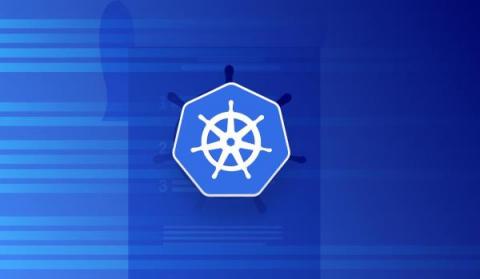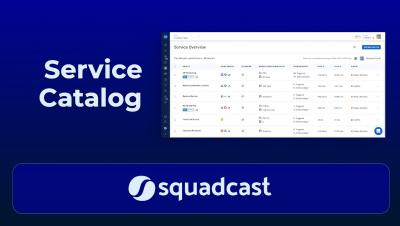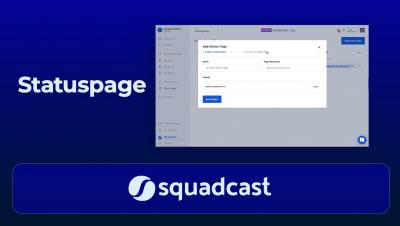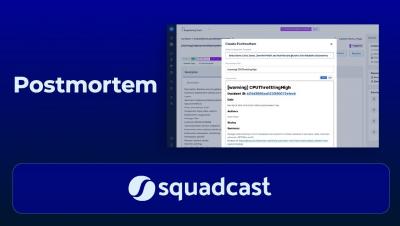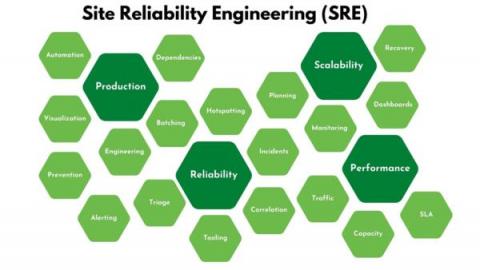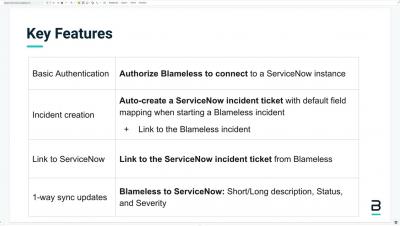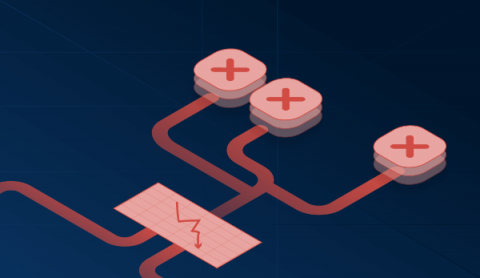Operations | Monitoring | ITSM | DevOps | Cloud
August 2022
Round Robin Escalation: An Efficient Way to Distribute On-Call Responsibilities
What is reliability engineering?
Reliability engineering focuses on the ability of systems to perform as it is intended to and function without failure in a specified environment, for the required time duration. Reliability engineering can be applied across the entire lifecycle of software development. It is designed to increase the dependability of a product by detecting potential reliability issues early in the software development cycle, and correcting causes of failure that do occur.
Are Code Freezes Still Needed?
A code freeze means no code can be altered or modified during the frozen time, and developers will not make any additional changes. Developers can only modify the code in the event of critical flaws and to the extent required to correct those vital problems. Primarily developers observe a code freeze during the final phase of software development when the software product has reached the delivery state.
The SRE's Quick Guide to Kubectl Logs
Logs are key to monitoring the performance of your applications. Kubernetes offers a command line tool for interacting with the control plane of a Kubernetes cluster called Kubectl. This tool allows debugging, monitoring, and, most importantly, logging capabilities. There are many great tools for SREs. However, Kubernetes supports Site Reliability Engineering principles through its capacity to standardize the definition, architecture, and orchestration of containerized applications.
SRE vs. DevOps: Differences and Similarities
Healthchecks + Squadcast Integration: Routing Alerts Made Easy
Introduction to Service Catalog | Service Ownership | Service Classification Squadcast
What are Runbooks? And why are they needed?
Imagine being an Ops engineer in a team just struck by tragedy. Alarms start ringing, and incident response is in full force. It may sound like the situation is in control. WRONG! There's panic everywhere. The on-call team is scrambling for the heavenly door to redemption. But, the only thing that doesn't stop - Stakeholder Inquiries. This situation is bad. But it could be worse. Now imagine being a less-experienced Ops engineer in a relatively small on-call team struck by tragedy. If you don't have sufficient guidance, let alone moral support- you're toast.
Using StatusPage at squadcast | SRE Best practices | Squadcast
What are Canary Deployments and Why are they Important?
Performing Postmortems & Postmortem Templates at Squadcast | SRE Best practices | Squadcast
Top SRE Interview Questions You Should Know
Site Reliability Engineering, Site Reliability Engineers and SRE Practices: State of Adoption
Site reliability engineering (SRE) is what you get when you treat operations as if it’s a software problem. The mission of an SRE practice is to protect, provide for and progress the software and systems offered and managed by an organization with an ever-watchful eye on their availability, latency, performance and capacity.1.
What is an SRE job description?
Blameless Announces Ming Gong as New VP of Product Management
Site Reliability Engineering: Definition, Principles & How It Differs From DevOps
Site crashes and outages can cost hundreds of thousands in lost revenue and inconvenience users. Site Reliability Engineering helps build highly reliable and scalable systems, particularly important for companies that depend on their software to support their customers performing critical operations. Hiring a Site Reliability Engineer is the best way to ensure a software system stays up and running at all times. Not only will they help manage infrastructure and applications, but they'll also be able to advise on how to scale a business as it grows - keeping downtime and incidents at a minimum!
Uptime + Squadcast Integration: Routing Alerts Made Easy
geeks+gurus: Rise of SRE - Survey Insights
Chaos Engineering: What Is It & How Does It Work?
10 Ways You Can Improve Service Reliability
Software reliability can be defined as the probability of a failure-free operation of a computer system over a specified period, under a set of specific conditions. It is an important factor in determining software quality. Site reliability engineering (SRE) is a software approach to IT operations that helps organizations to improve the reliability of their systems.
Comparing DBA, DBRE, and SRE Roles
Tales from the Toil: Taking the pulse of SRE
How to Become a Site Reliability Engineer: Job Description, Roles & Responsibilities
SRE: From Theory to Practice | What's difficult about tech debt?
7 Key SRE Principles For Better Reliability
Since Google coined the term, the role of an SRE has evolved as the industry has shifted toward large-scale distributed microservices. An SRE’s job is to determine how to make systems more reliable and resilient.






